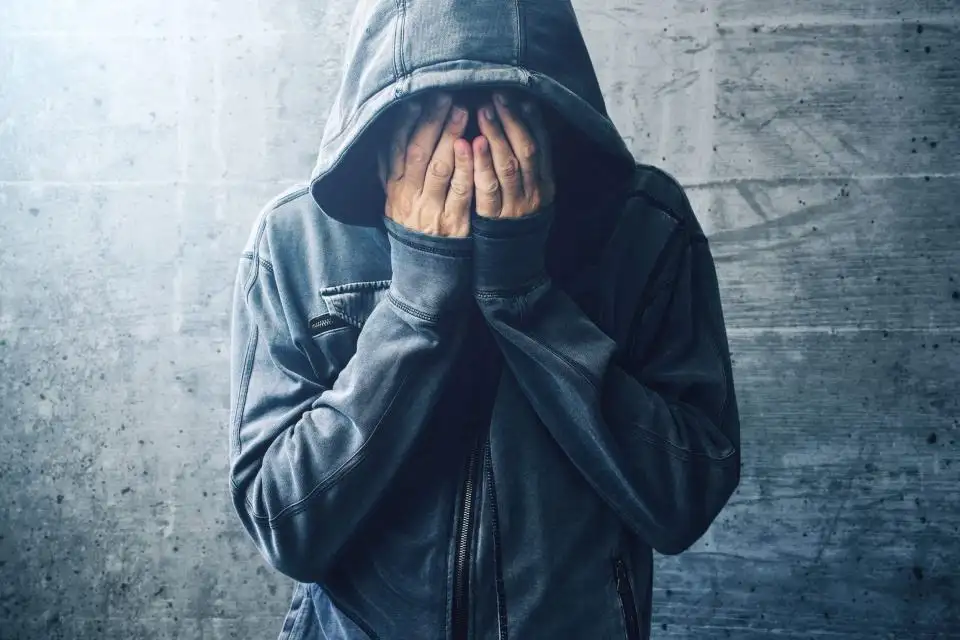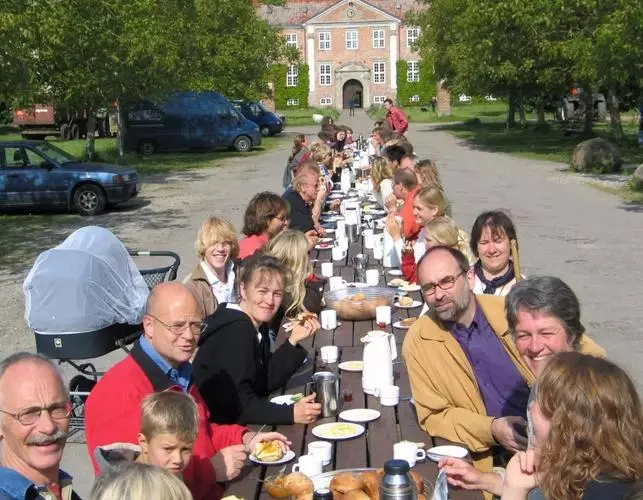Traditional Chinese Medicine Approach to Depression and Emotional Disorders
Traditional Chinese Medicine Approach to Depression and Emotional Disorders
My mother suffers from anxiety, and after several treatments at a hospital, she was prescribed several types of antidepressant Western medications. However, these caused her to tremble uncontrollably, to the point where she couldn't even hold chopsticks. I forcibly stopped the medication, and now the trembling has ceased.

Mental issues are more challenging to address than physical ones. Physical problems are typically unidirectional—treating them involves direct action. However, mental healing requires the active participation of the patient. If the patient is intelligent and both sides cooperate well, emotional disorders can be effectively resolved.
One of the most extreme methods would be to cover the eyes, block the ears, and sew the mouth shut. After some time, the person would recover, provided their basic needs, like eating, are still met. Though extreme, it emphasizes the importance of sensory control in healing.
Alternative Methods:
Some people recover from emotional distress by traveling. This is another method, rooted in the idea that a change of scenery and experiencing something new can refresh the mind. The ancient saying "serenity of mind and spirit" reflects this concept—many traditional phrases hold medicinal wisdom.
Postpartum Depression:
The key to addressing postpartum depression lies in the recovery period after childbirth, focusing on replenishing energy and blood. Providing care and avoiding conflicts during this time is crucial. If mood problems persist after this period, it’s likely due to inadequate replenishment of energy and blood. Once the face regains a healthy glow, tensions often decrease.
Traditional Remedies:
Some TCM experiences involve using daylilies to treat depression. This herb is particularly effective for depression caused by excessive longing or grief. Known as "forget-worry herb" or "xuan cao," it was historically called "mother's flower," used when mothers missed their sons or husbands who had gone far away. A similar approach was taken after the Wenchuan earthquake when daylilies were used to help those grieving lost loved ones.
Root Cause of Depression in TCM:
From a TCM perspective, depression is often due to a deficiency of heart fire and a misalignment between the heart and kidneys. When heart fire is insufficient, kidney deficiency often follows. Ultimately, emotional disorders arise from unfulfilled desires and frustrations. Each specific cause has its own triggers, such as excessive longing, which can cause the heart to constantly send out commands. This depletes energy, leading to systemic disorder when the body can no longer sustain these commands. The heart, failing to receive the necessary responses and support, falls into deeper despair and loneliness—not due to interpersonal disconnection, but because of a breakdown within the body itself, where the "ruler and ministers" are no longer in harmony.
Resolution in TCM:
To reconnect and heal, the key is fulfillment—whether it’s seeking revenge, repaying kindness, or pursuing love. By acting on these desires, the heart's commands finally see results, alleviating anxiety and bringing joy. This completion of intent allows the heart to move past the block, enabling the body to recover and return to normal.
Depression, or obsessive thinking, is akin to losing everything in gambling or the stock market. The heart reacts similarly—it invests spiritual energy but receives no return, leading to anxiety, much like losing money. This depletion of energy without results puts the heart in a state of extreme anxiety.
Depression is a modern Western term. In ancient times, it was called various things like "madness," "delirium," "insomnia," "irritability," or simply "heart disease," all categorized under "emotional disorders." There was also the term "melancholia," though its meaning differs from the modern concept of depression.
Correct Theory, Easy Solution:
Depression is just an emotional disorder. Once the theory is correct, treatment is straightforward. Traditional methods to treat emotional disorders are numerous and often highly effective. Two main approaches exist: treating the body and treating the mind. Returning to Chinese cultural roots provides a clear answer—it's just an emotional disorder, a simple issue when understood correctly.
Collective Living:
People with depression need collective living environments because they lack the energy and self-discipline to manage on their own. For instance, participating in activities like dragon boat racing, where the loud drums and collective shouting invigorate the spirit and activate physical energy. Attending bonfire parties at night, watching the flames, and singing together releases pent-up emotions.

Anecdote:
A friend experienced depression and migraines during high school, but after two years in the military, they returned with renewed vigor, free of any ailments. Individual efforts often aren't enough; collective organization is necessary. This group should consist mainly of healthy individuals who can guide a few people with depression. Those who have faced hardships early in life are generally less prone to depression—they’ve weathered many storms and take things more calmly.
Natural Selection and Survival:
Individuals prone to depression are often weaker, less likely to survive according to natural selection. Without parental comfort or siblings to stand by them, they tread a perilous path daily. If they succumb to depression, they might not survive long.
Understanding Depression in TCM:
Depression arises from unfulfilled desires—repeated failures lead to depression. Physically, it's a stagnation of spirit, which blocks energy, leading to blood stagnation. Some people develop tumors after experiencing extreme anger or grief.
Treating Emotional Disorders Through the Body:
Treatment from the body’s perspective involves first invigorating the blood and then unblocking energy pathways. Once the downstream is cleared, the spirit can flow through. Ancient people placed great importance on nurturing energy, equating it to nurturing life itself.